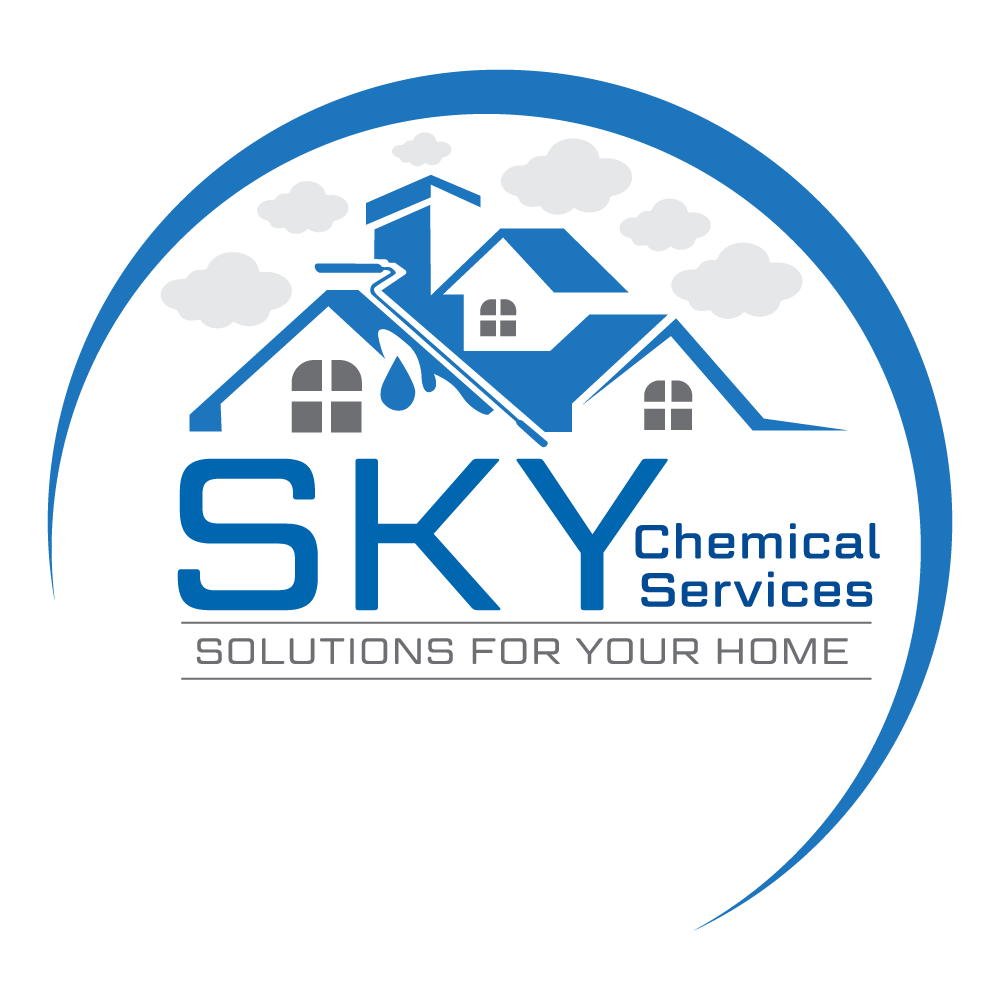Roof protection is a critical aspect of maintaining any building, especially in regions prone to heavy rainfall, extreme temperatures, and high humidity. A reliable waterproofing agent can shield your roof from water damage, cracks, and leaks, ensuring durability and longevity. But with so many options available, how do you choose the best waterproofing agent for your roof? In this blog, we’ll explore the most effective waterproofing agents, their features, and tips for selecting the right one for your needs.
Why is Roof Waterproofing Important?
Before diving into the types of waterproofing agents, let’s understand why waterproofing is essential for roofs:
- Prevents Water Leaks: Heavy rainfall can lead to water seepage through cracks, causing damage to the building’s interior.
- Enhances Roof Longevity: Waterproofing protects roofing materials from wear and tear, prolonging their lifespan.
- Reduces Maintenance Costs: A well-protected roof minimizes the need for frequent repairs.
- Improves Insulation: Waterproof coatings can enhance thermal performance, keeping interiors cooler in summer and warmer in winter.
- Protects Structural Integrity: Prevents water from weakening the building’s foundation and walls.
Types of Waterproofing Agents for Roof Protection
There are several types of waterproofing agents, each suited to different types of roofs and environmental conditions. Here’s a breakdown of the most popular options:
1. Polyurethane Waterproofing
Polyurethane is one of the most effective and widely used waterproofing agents for roofs. It forms a seamless, durable layer that resists water penetration and adapts well to various weather conditions.
Advantages:
- Excellent adhesion to roof surfaces.
- Highly elastic, preventing cracks.
- Resistant to UV rays and extreme temperatures.
Best For: Concrete roofs, flat roofs, and exposed areas.
2. Bituminous Waterproofing
Bitumen-based waterproofing agents are popular for their strong adhesion and water-resistant properties. They come in liquid, roll-on, or sheet forms.
Advantages:
- Affordable and easy to apply.
- Provides excellent protection against heavy rainfall.
- Suitable for areas with fluctuating temperatures.
Best For: Industrial roofs, residential flat roofs, and sloped roofs.
3. Acrylic Waterproofing
Acrylic waterproofing agents are water-based and eco-friendly. They are easy to apply and provide a protective coating that prevents water damage.
Advantages:
- Cost-effective and quick to apply.
- UV-resistant, protecting the roof from sunlight damage.
- Ideal for sloped roofs and areas with moderate rainfall.
Best For: Sloped roofs and lightweight structures.
4. Liquid Rubber Waterproofing
Liquid rubber is a modern waterproofing solution that offers a high degree of flexibility and durability. It creates a thick, seamless membrane that prevents water ingress.
Advantages:
- Long-lasting and highly flexible.
- Resistant to UV rays, chemicals, and harsh weather.
- Environmentally friendly and easy to maintain.
Best For: Green roofs, metal roofs, and industrial roofs.
5. Silicone Waterproofing
Silicone-based waterproofing agents are excellent for sealing cracks and providing a water-resistant barrier. They are known for their durability and versatility.
Advantages:
- Highly elastic and durable.
- Excellent for sealing joints and edges.
- Resistant to temperature fluctuations.
Best For: Roof edges, joints, and curved surfaces.
Factors to Consider When Choosing a Waterproofing Agent
Selecting the right waterproofing agent depends on several factors:
- Type of Roof:
Flat, sloped, and metal roofs may require different types of waterproofing agents. - Weather Conditions:
Consider the climate in your region. For areas with heavy rainfall, bituminous or polyurethane agents are ideal. - Durability:
Opt for a waterproofing agent that offers long-lasting protection with minimal maintenance. - Application Method:
Some waterproofing agent require professional application, while others can be DIY-friendly. - Budget:
Choose a product that fits your budget without compromising on quality.
Why Professional Application Matters
While some waterproofing agents are DIY-friendly, hiring a professional ensures the best results. Experts can assess your roof’s condition, recommend the most suitable waterproofing agent, and apply it correctly. This minimizes the risk of errors and enhances the overall effectiveness of the waterproofing solution.
The Role of Maintenance in Roof Waterproofing
Even the best waterproofing agent requires regular maintenance to remain effective. Here are some tips for maintaining a waterproofed roof:
- Inspect Regularly: Check for cracks, bubbles, or peeling on the waterproofing layer.
- Clean Debris: Remove leaves, dirt, and debris to prevent water pooling.
- Reapply When Needed: Most waterproofing agents need reapplication every 5-7 years, depending on the product and environmental conditions.
Which Waterproofing Agent is Best?
The best waterproofing agent for roof protection depends on your specific needs, roof type, and environmental conditions. For a durable, versatile, and long-lasting solution, polyurethane and liquid rubber are top choices. For cost-effective options, bituminous or acrylic waterproofing agents may be more suitable.
By partnering with experts like Sky Chemical Services, you can ensure that your roof receives high-quality waterproofing tailored to its unique requirements. Their professional application services use premium materials to protect your roof from leaks, extend its lifespan, and maintain the safety and comfort of your home or building. Choose wisely with Sky Chemical Services and enjoy the peace of mind that comes with a leak-free roof!
Frequently Ask Questions
Q. What is a waterproofing agent?
A. A waterproofing agent is a chemical or material applied to surfaces to prevent water infiltration, protecting structures from damage caused by moisture.
Q. What chemical is used for waterproofing?
A. Common chemicals include polyurethane, bitumen, acrylic polymers, and silicone-based sealants, each offering strong water-resistant properties.
Q. How to use a waterproofing agent?
A. Apply the agent to a clean, dry surface using a brush, roller, or sprayer, ensuring even coverage. Allow it to cure as per manufacturer instructions for effective results.
Q. Which material is used in waterproofing?
A. Materials like bituminous sheets, polyurethane coatings, PVC membranes, and cementitious compounds are widely used in waterproofing applications.
Q. Types of Waterproofing Materials?
A. The main types include liquid-applied membranes, bituminous coatings, sheet membranes, cementitious waterproofing, and polyurethane-based solutions.
Q. What is the best waterproofing agent?
A. Polyurethane is considered one of the best waterproofing agents due to its durability, flexibility, and strong resistance to water and weather conditions.
